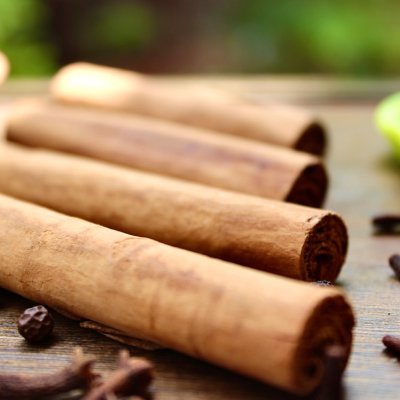pastured
pasture
pasture(
pah
-
schuhr
)A noun is a word referring to a person, animal, place, thing, feeling, or idea (e.g., man, dog, house).
a. el pasto (M)
(m) means that a noun is masculine. Spanish nouns have a gender, which is either feminine (like la mujer or la luna) or masculine (like el hombre or el sol).
Every morning, the shepherd took his sheep to the same pasture.Todas las mañanas, el pastor llevaba a sus ovejas al mismo pasto.
a. los pastos (M)
(m) means that a noun is masculine. Spanish nouns have a gender, which is either feminine (like la mujer or la luna) or masculine (like el hombre or el sol).
Around two thirds of the valley is pasture.Alrededor de dos tercios del valle son pastos.
3. (herbage)
b. la pastura (F)
(f) means that a noun is feminine. Spanish nouns have a gender, which is either feminine (like la mujer or la luna) or masculine (like el hombre or el sol).
Beef from cattle that are fed on pasture is healthier than grain-fed beef.La carne de res alimentada a base de pastura es más saludable que la de res alimentada a base de grano.
a. el pastoreo (M)
(m) means that a noun is masculine. Spanish nouns have a gender, which is either feminine (like la mujer or la luna) or masculine (like el hombre or el sol).
These lands are more suitable for pasture than for cultivation.Estas tierras son más adecuadas para el pastoreo que para el cultivo.
An intransitive verb is one that does not require a direct object (e.g., The man sneezed.).
5. (to graze)
A transitive verb is a verb that requires a direct object (e.g., I bought a book.).
a. apacentar
The ranchers pasture the cattle in the mountains in the summer.En verano los ganaderos apacentan el ganado en las montañas.
a. pastar
A flock of sheep was pasturing the green grass in the meadow a few meters from us.A unos metros de nosotros, un rebaño de ovejas pastaba la hierba verde del prado.
pastures
A plural noun indicates that there is more than one person, place, thing, or idea.
a. los horizontes (M)
(m) means that a noun is masculine. Spanish nouns have a gender, which is either feminine (like la mujer or la luna) or masculine (like el hombre or el sol).
After eight years on the job, Tom handed in his notice and headed for new pastures.Tras ocho años en el puesto, Tom dimitió y partió en pos de nuevos horizontes.
Examples
Machine Translators
Translate we pastured using machine translators
Conjugations
Other Dictionaries
Explore the meaning of pasture in our family of products.
Random Word
Roll the dice and learn a new word now!
Want to Learn Spanish?
Spanish learning for everyone. For free.























